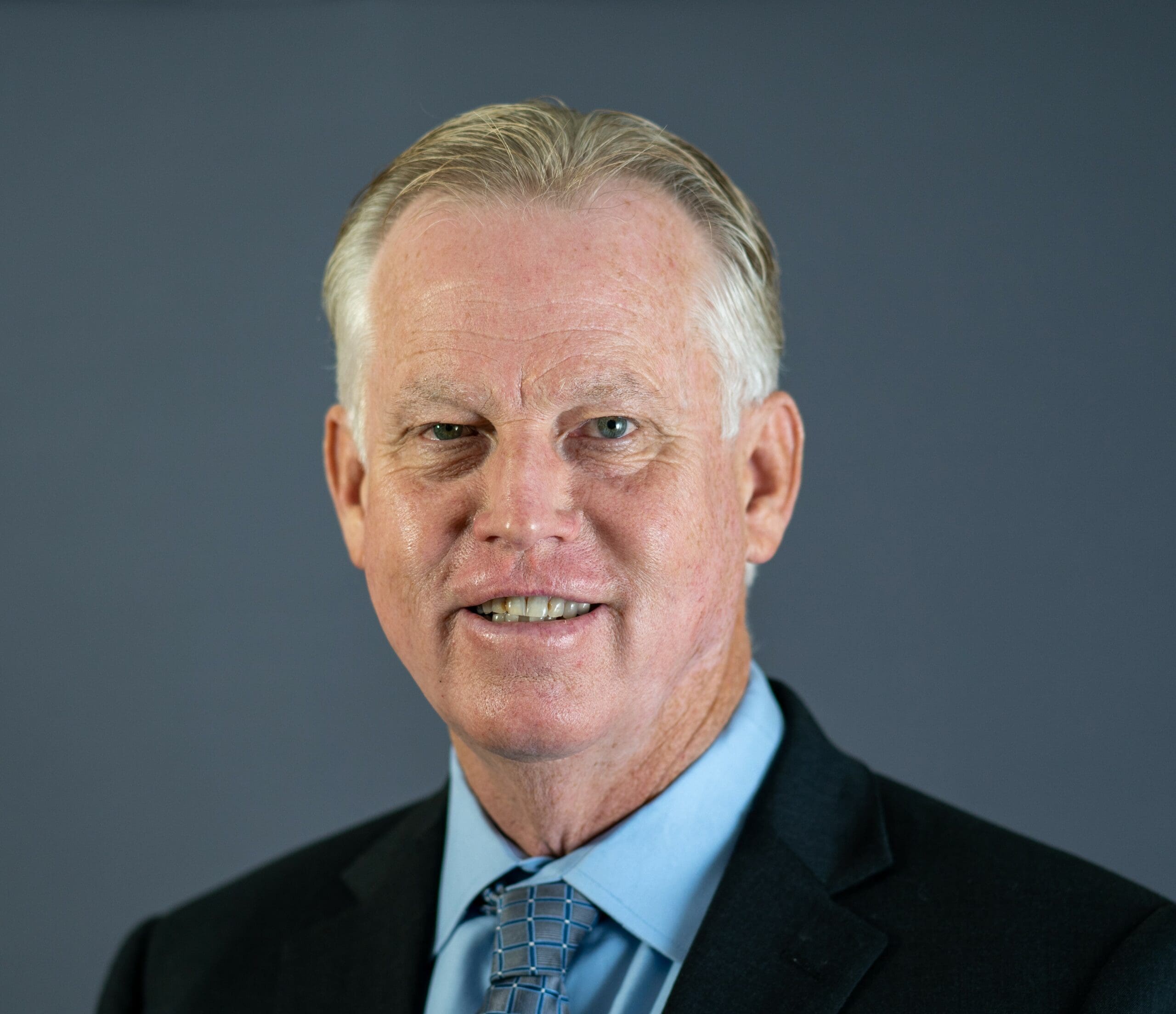Anyone who has been involved in school safety and security for any amount of time knows that for a campus protection program to be successful, it must be all-encompassing. Not only must it address traditional issues associated with law enforcement and security, it must also address student social and emotional learning, mental health, emergency management, training, technology, community partnerships, funding and more.

In addition to addressing a wide range of concerns, these efforts must involve the entire district and its stakeholders. Those individuals include top administrators, such as the superintendent and other district executives, principals, teachers and other staff members, as well as students, their parents and other members of the community.
The Corona-Norco Unified School District (CNUSD) in California — with its 58,000 students and staff members and 52 campuses — has achieved these lofty and challenging goals with its Project Safety Net and other initiatives. And the person who has developed and launched most of these programs is CNUSD Coordinator of Campus Security and Safety Steven Ellis. That’s why he was named this year’s Campus Safety K-12 Director of the Year.
Project Safety Net Leverages Community Partnerships
As a former firefighter, deputy sheriff, police officer and school resource officer (SRO), Ellis understands full well the breadth and depth of security and safety issues that most K-12 districts face. Additionally, he knows that the responsibility of protecting schools is much different than the role of traditional law enforcement and requires a different approach. He also understands the importance of working very closely with CNUSD administrators and educators.
With this understanding, Ellis developed Project Safety Net, which works to identify and anticipate safety concerns and systematically address each concern through the application of promising practices. The program was developed via innovative partnerships with the district, the Corona Police Department, Riverside County Sheriff’s Department, students, parents and community organizations.
Through these partnerships, the Adopt-A-School program was created, which maintains law enforcement presence at the elementary and middle schools to enhance safety as well as foster positive relationships. The Cluster Program assigns SROs to a group of schools in the district (a high school and its feeder schools) to further enhance the lines of communication between police and schools.
[promo_content slug=”doy-2022-nomination-promo”]
But Project Safety Net doesn’t just involve partnerships with law enforcement. Ellis has also developed partnerships with Hospice of Corona, Corona-Norco United Way – Family Support Services, Rape Crises Center, Riverside University Health System – Behavioral Health, Safe House, the Simple Acts of Care and Kindness Foundation, and other organizations so CNUSD’s safety efforts address all facets of student, staff and community wellbeing.
Training is also a key component of Project Safety Net. Staff from all of CNUSD’s 52 schools have been trained in First Aid, CPR and the use of automated external defibrillators (AEDs). Safety training videos, including an active shooter response training video, have also been created for staff, parents and community members.
Additionally, district security attendants receive advanced instruction on disaster preparedness, investigations, First Aid/CPR, Internet safety, crisis management, SB 1626 mandated training, Crisis Prevention Institute training, suicide prevention protocol, and active shooter protocol.
One might think that such an all-encompassing program would be expensive. However, Project Safety Net leverages its partnerships with other organizations and law enforcement agencies to keep costs low because community partners share in the responsibilities and expenses.
Mental Health a High Priority for CNUSD
Because mental health is so critical to maintaining a safe and secure campus environment, the district has created a mental health task force to evaluate current programs and create awareness campaigns to prevent and reduce mental health issues in the community. Additionally, Project Safety Net has trained all district counselors, psychologists, nurses, SROs, security attendants and site administrators in CNUSD’s suicide assessment protocol. Many employees have also been trained in ASIST (Applied Suicide Intervention Skills Training).
Ellis even implemented the Gaggle Safety Management system to monitor student email, looking for signs of depression, suicidal ideation, self-harm, school violence and other safety issues.
“It’s not to spy on them,” says Ellis. “It’s to identify kids that may be thinking about doing harm to themselves or others. We’ve prevented several incidents from occurring.”
Other security and safety technologies adopted during Ellis’ tenure at CNUSD include a fully operational and state-of-the-art emergency operations center, new and/or upgraded fences, visitor management, access control, metal detection, video surveillance and electronic mapping of all schools in the district.
Although technology solutions can be extremely effective, Ellis acknowledges that technology is just a helpful tool. The most significant impact happens when security attendants and SROs are able to build strong relationships with students.
“You need to take it upon yourself to find out what’s going on and how you can support that child,” he says. “It may be mom and dad going through a divorce. It could be [the student is] experimenting with drugs. It could be mental health issues.
“I really challenge my security attendants at the beginning of the year to get to know 10 kids immediately. Then that 10 should turn into 15, and then 25, and it continues. As students hear rumors that a child is depressed, thinking of committing suicide or thinking of bringing a gun to school or committing some other act of violence, they will alert our staff.”
District Experiencing Increase in Social-Emotional Learning Challenges
CNUSD’s focus on mental health was prescient considering last month’s declaration of a national state of emergency in child and adolescent mental health by the American Academy of Pediatrics, American Academy of Children and Adolescent Psychiatry, and Children’s Hospital Association. CNUSD Superintendent Dr. Sam Buenrostro is currently seeing an increase in mental health and social skills challenges in all grades, but particularly in the younger students.
“You really see it with the kindergarten kids, the first graders, the second graders,” he says. “They’ve never been to school, and they don’t know how to get along.”
Dr. Reggie Thompkins, CNUSD’s assistant superintendent, agrees, adding, “Some of our kids are coming back with behaviors that there was no way we could have predicted. They are going from zero to 10 on the first act. That’s what we’re trying to get out in front of right now. Let’s teach them these social skills that they need to go and make good decisions and keep these campuses safe.”
Buenrostro says teachers and counselors are addressing student social-emotional learning deficits by developing lessons on bullying and other issues. However, it’s taking a toll on educators.
“Our teachers are hurting. Our teachers are tired,” he says.
Fortunately, with the influx of money from the federal government, particularly the Elementary and Secondary School Emergency Relief (ESSER) fund, CNUSD has been able to hire a lot more counselors to address the social and emotional challenges students are currently facing. District administrators are also developing restorative practices rather than punishing students when they act out.
Security Attendants Go Above and Beyond During Pandemic
All of these social-emotional wellness efforts are supported by CNUSD’s security attendants.
“Our security staff are wonderful individuals,” Ellis says. “I sit in on every interview to make sure they meet our culture and our expectations that they know how to build relationships with kids.”
He also praises their work during the COVID-19 pandemic.
“They have been asked to complete additional tasks that were not part of their regular assignment, including collecting books, handing out lunches, setting up classrooms, placing barriers on desks, and assisting with issuing personal devices,” Ellis adds. “They all did this without complaining, maintaining a high level of professionalism and customer service.”
Ellis says he is also thankful for the support he’s received throughout the years from Buenrostro, Thompkins, other administrators and the board of education. But that admiration goes both ways.
“Steve is someone I trust 100% without any reservation,” says CNUSD Administrative Director Milisav Ilic, Ed.D. “He is honest and transparent with a high degree of integrity, always reaching out to hear the opinions of stakeholders and valuing their input.”
Buenrostro agrees, adding, “Steve’s ability to establish trust with a wide range of stakeholders through consistent follow-through, transparency, hard work and effective communication has earned him the respect and trust of the Corona-Norco community.”







